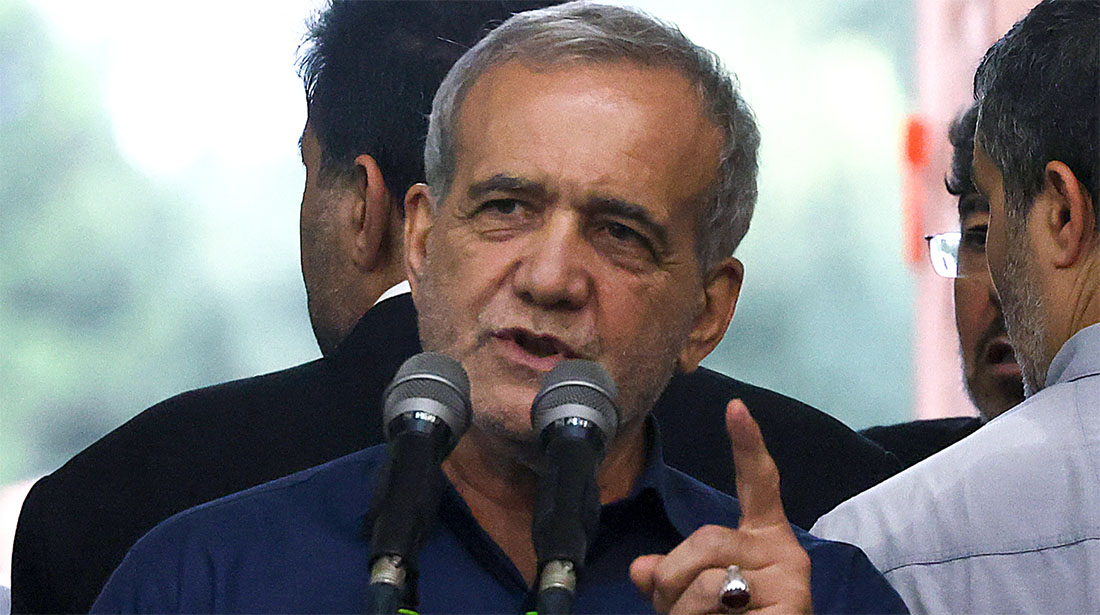
"We know more than anyone else that if a larger war were to erupt in the Middle East, it will not benefit anyone throughout the world. It is Israel that seeks to create this wider conflict," Pezeshkian stated emphatically.
The Iranian leader's comments come amid escalating tensions following Israel's recent airstrikes in Lebanon, which reportedly killed over 180 people and wounded nearly 730, according to Lebanon's Health Ministry. These strikes are seen as a significant expansion of Israel's aerial campaign against Hezbollah, the Iranian-backed militant group.
Pezeshkian, who took office in July as a reformist within Iran's clerical establishment, addressed the assassination of Hamas political leader Ismail Haniyeh in Tehran on July 31, an operation widely attributed to Israel. He suggested that Western powers had urged Iran to refrain from retaliation to avoid jeopardizing U.S.-led ceasefire efforts in Gaza.
"We tried to not respond. They kept telling us we are within reach of peace, perhaps in a week or so," Pezeshkian revealed. "But we never reached that elusive peace. Every day Israel is committing more atrocities and killing more and more people -- old, young, men, women, children, hospitals, other facilities."
The Iranian president's statements reflect a complex geopolitical landscape, with Iran openly supporting Hamas while facing international pressure over its nuclear program. Iranian Foreign Minister Abbas Araghchi indicated Tehran's willingness to engage in nuclear talks, stating, "We are prepared, and if the other parties are also prepared, we can have another beginning of the talks during this trip."
This apparent shift in Iran's stance comes as the conflict in Gaza approaches its one-year mark. The October 7 Hamas-led attacks resulted in 1,205 Israeli deaths, while Israel's retaliatory offensive has claimed at least 41,455 Palestinian lives, according to the Hamas-run health ministry in Gaza.
Pezeshkian emphasized Iran's desire for peace, stating, "We want to live in peace. We don't wish to be the cause of instability in the region." However, he stopped short of directly addressing whether Iran would respond more forcefully to Israeli actions in the future.
As the international community watches closely, the Iranian president's remarks at the UN General Assembly underscore the delicate balance of power in the Middle East and the ongoing challenges in achieving lasting peace in the region.
![]()
















